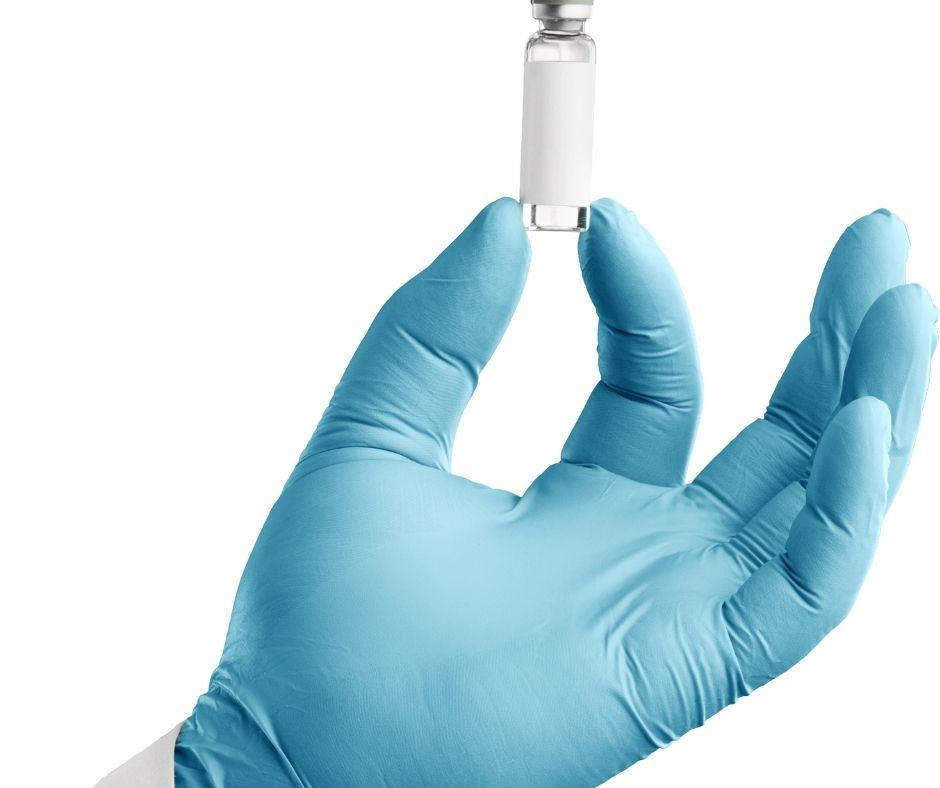***The Iowa Standard is an independent media voice. We rely on the financial support of our readers to exist. Please consider a one-time sign of support or becoming a monthly supporter at $5, $10/month - whatever you think we're worth! If you’ve ever used the phrase “Fake News” — now YOU can actually DO something about it! You can also support us on PayPal at [email protected] or Venmo at Iowa-Standard-2018 or through the mail at:
PO Box 112
Sioux Center, IA 51250
A Texas federal judge ordered yesterday that the Food and Drug Administration (FDA) must accelerate the release of the data it relied on to license the Pfizer Inc/BioNTech COVID-19 two-dose injection, marketed as Comirnaty.
U.S. District Judge Mark Pittman ordered the FDA to produce more than 12,000 pages on or before Jan. 31 and to “produce the remaining documents at a rate of 55,000 pages every 30 days, with the first production being due on or before March 1, 2022, until production is complete.”
The court’s order now increases the FDA’s proposed timeline by approximately 75 years and four months. The agency previously said it could complete a Freedom of Information Act (FOIA) request by a group of health professionals seeking an estimated 450,000 pages of material about the injection. Now rather than producing 500 pages a month, the FDA must turn over 55,000 a month and all the Pfizer data should be public by the end of the summer, rather than by the year 2097.
The FDA took just 108 days to review the data before granting the Pfizer-BioNTech COVID-19 shot full approval.
In Public Health and Medical Professionals for Transparency v. Food and Drug Administration, a group of more than 30 public health professionals, medical professionals, scientists, and journalists, from universities including Yale, Harvard, UCLA and Brown, filed suit in September in U.S. District Court for the Northern District of Texas, seeking expedited access to the records. The plaintiffs include Dr. Aaron Kheriaty, MD, Professor of Psychiatry, UCI School of Medicine Director, Medical Ethics Program, UCI Health; Dr. Harvey Risch, MD, PhD, Professor of Epidemiology, Yale School of Public Health; Dr. Peter A. McCullough, MD, a cardiologist, epidemiologist, and internist; Dr. Joseph A. Ladapo, MD, PhD, Florida Surgeon General and Secretary of the Florida Department of Health; and Dr. Peter Doshi, PhD, Associate Professor, Pharmaceutical Health Services Research, University of Maryland School of Pharmacy.
While Judge Pittman acknowledged “the ‘unduly burdensome’ challenges that this FOIA request may present to the FDA,” in his four-page order he rejected the agency’s suggested schedule and stated “this FOIA request is of paramount public importance.”
Judge Pittman also wrote, “During a time when COVID-19 vaccine mandates are being implemented over the objection of those that have questions about the data and information supporting the safety and efficacy of the Pfizer Vaccine, and individuals with these questions are being expelled from employment, school, transportation, restaurants, entertainment facilities, and the military, the public has an urgent and immediate need to have access to this data. The urgent need for the public to review this data is heightened by President Biden’s recent announcement of vaccine mandates for millions of Americans, including employers with 100 or more employees, federal employees, and employees of federal contractors.”
The FDA granted approval for the Pfizer Inc/BioNTech injection for use in people ages 16 and older, despite the fact John Hopkins University of Medicine states that a typical vaccine development timeline takes 5 to 10 years, and sometimes longer, to assess safety and efficacy. This approval was the fastest in the agency’s history, coming less than four months after Pfizer-BioNTech filed for licensing on May 7. It is still available under emergency use authorization (EUA) for adolescents ages 12 to 15. The FDA gave emergency use authorization for 16-year-olds and older in December and then later gave further emergency use authorization for ages 12 and up in May.
The approval only applies to the two-dose Pfizer shot and not to any so-called third “booster,” which remains under EUA, even though the product is exactly the same. In other words, the two-shot dosage is approved but the same product for a third booster remains under EUA.
On August 23, 2021, the FDA sent an approval letter to Pfizer regarding the BioNTech injection, Comirnaty. The letter states: “Under this license, you are authorized to manufacture the product, COVID-19 Vaccine, mRNA, which is indicated for active immunization to prevent coronavirus disease 2019 (COVID-19) caused by severe acute respiratory syndrome coronavirus 2 (SARS-CoV-2) in individuals 16 years of age and older.”
The FDA did a bait and switch by announcing it approved its “first COVID-19 vaccine” in order to push the “vaccine” mandates and protect the Pfizer pharmaceutical company from legal liability. The Pfizer injection, on the other hand, is still considered experimental under U.S. law.
There is a legal difference between the products approved under authorization of emergency use (EUA) compared with those the FDA has fully licensed. The FDA issued another letter for the existing Pfizer shots which confirms they are still under EUA, are not fully approved, and have a liability shield. That means people must be told the risks and benefits, and they have the “option to accept or refuse” the product. The federal Emergency Use Authorization law and the FDA, including the FDA Fact Sheet, state unequivocally that each person has the “option to accept or refuse” the shots.
Researchers have already found that Pfizer and Moderna mRNA COVID-19 shots dramatically increase biomarkers associated with thrombosis, cardiomyopathy and other vascular events following injection. In fact, the researchers found that people who had received two doses of the mRNA shot more than doubled their five-year risk of acute coronary syndrome (ACS), driving it from an average of 11 percent to 25 percent. ACS is an umbrella term that includes not only heart attacks but also a range of other conditions involving abruptly reduced blood flow to the heart.
Liberty Counsel Founder and Chairman Mat Staver said, “We commend this Texas court for accelerating the release of the data the FDA relied on to license the Pfizer Inc/BioNTech COVID-19 shot. The public deserves to know on what basis FDA made its decision. Transparency is important to accountability. The FDA has a checkered track record of approving drugs that had to later be recalled and removed from the market. I fear this unsound rush to approve the Pfizer two-shot dosage will be added to the FDA long list of failed and harmful drugs.”

















